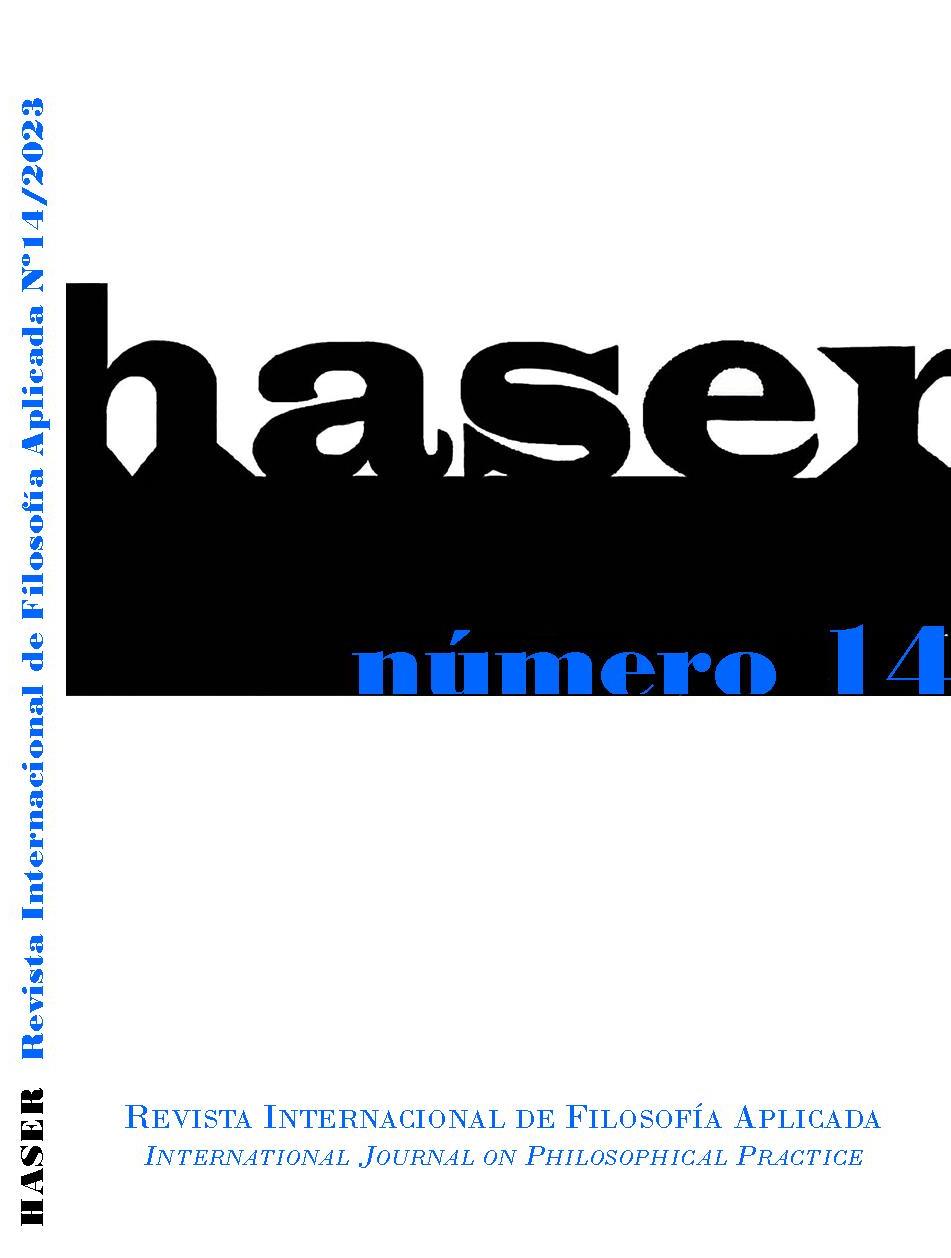Building a Bridge between the Worlds of Counseling and Philosophy. Lessons from the World of Karl Jaspers
Resumo
Karl Jaspers, a psychiatrist turned philosopher, always maintained an interest in all facets of what it means to be human. Because of this, his writings contain many ideas which can be useful to counselors of all persuasions. This paper introduces four of Jaspers’ ideas which, when considered all together, create a positive feedback loop that leads to greater efficacy in the counseling setting.
The first, limit situations, includes the kind of situations a client is commonly in when she decides to seek help, for example, encounters with death, suffering, guilt, or loss. The second, meaningful connections, involves finding and establishing significant relationships that lead to greater understanding of what the client herself finds important. The third, the use of symbols, facilitates the client’s encounter with Being and gives her access to the Truth. The fourth, freedom, encourages the client to weigh all possibilities of a situation and to choose what is best for her.
The dynamic process that ensues by interacting with these four ideas throughout the counseling process can enable the client to have a stronger sense of herself and to be more resolute as the subject of her life. The case study of a thirteen-year-old girl, whose presenting problem was cutting herself, is used to demonstrate how these four ideas can yield efficacious outcomes.
Downloads
Downloads
Publicado
Como Citar
Edição
Seção
Licença
Los autores/as que publiquen en esta revista aceptan las siguientes condiciones:
1. Los autores/as conservan los derechos de autor y ceden a la revista el derecho de la primera publicación, con el trabajo registrado con la licencia de atribución de Creative Commons, que permite a terceros utilizar lo publicado siempre que mencionen la autoría del trabajo y a la primera publicación en esta revista.
2. Los autores/as pueden realizar otros acuerdos contractuales independientes y adicionales para la distribución no exclusiva de la versión del artículo publicado en esta revista (p. ej., incluirlo en un repositorio institucional o publicarlo en un libro) siempre que indiquen claramente que el trabajo se publicó por primera vez en esta revista.
3. Se permite y recomienda a los autores/as a publicar su trabajo en Internet (por ejemplo en páginas institucionales o personales) antes y durante el proceso de revisión y publicación, ya que puede conducir a intercambios productivos y a una mayor y más rápida difusión del trabajo publicado (vea The Effect of Open Access).
- Resumo 151
- pdf (Español (España)) 615


